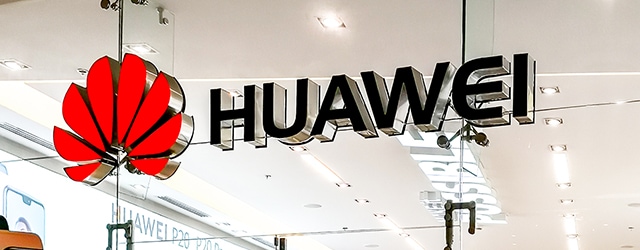WillHuawei's offer be enough to allay concerns of collusion with the Chinese government?

Huawei is battling to circumvent the very real risk of being barred from 5G-related contracts in Scandinavia by offering contractual “no-spy” agreements to Nordic governments, starting with Denmark. The company’s distress could prove to be a multibillion-dollar windfall for Nordic 5G technology suppliers Ericsson and Nokia. Nordic countries are conducting separate appraisals of the potential risks to national security if Huawei is allowed to deliver equipment to support the rollout of 5G networks across the region in 2020-2021.
Huawei suffered a major setback in March when Danish telco TDC terminated its 5G alliance and made Ericsson its new 5G mobile network partner instead. TDC cited security concerns about both Huawei’s technology and its close relationship with China’s state security infrastructure as its primary reasons for ending that relationship.
Huawei’s no-spy offer—clearly intended to allay public concerns over the Chinese company’s trustworthiness—was initially extended to the Danish government by Jiang Lichao, Huawei’s country manager in Denmark. “The anti-espionage offer we envisage would plainly state that Huawei will never install backdoors in its products. Working together with the Danish state, we want to define security standards that make espionage risks impossible. We are ready to provide such commitments,” said Lichao.
Huawei’s no-spy pledge is seen as a template to restore trust in the integrity of its 5G technologies across Europe, especially in Germany and France. The enhanced caution among Nordic and mainland European governments stems from elevated concerns over the increasing threat posed by cyberattacks on critical national IT networks. Industrial espionage–driven cybercrimes have emerged as a significant risk to national security in Denmark and across Europe, says Trine Bramsen, Denmark’s defense minister.
While Huawei’s no-spy promise is a welcome development, Bramsen says the offer will require a deep level of political consideration and technical assessment. “We are open to looking at initiatives that can help strengthen security in the 5G and network security areas. Any anti-espionage agreement with Huawei would naturally have to be agreed with telecommunications providers, and not just with the Danish government. That said, I really do not know how effective such an agreement would be in practice,” Bramsen adds.



